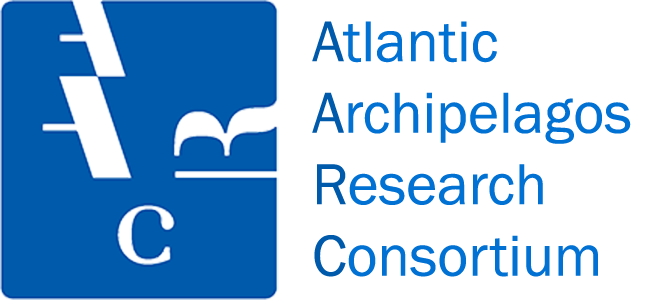‘Merried’ app wins Idea Accelerator for spring 2019

Merried app creators Emily Ruff (left) and Megan Staebell pose with judges and their first-prize check at the Spring 2019 Idea Accelerator Demo Day.
By Matt Weeks
A mobile app that helps maids of honor plan bachelorette weekends won the $5,000 top prize at the UGA Idea Accelerator Demo Day pitch competition April 15.
Terry College students Megan Staebell and Emily Ruff will use the prize money to help get their app, Merried, up and running. The platform simplifies planning a bachelorette party by collecting all the vital information—bridesmaids’ schedules, hotel accommodations, entertainment options and payment—in one place.
“On average, across the country, women spend $1,400 per bachelorette weekend they attend. This is a bigger problem for the maid of honor, because she’s not only paying the initial cost but also losing $300 to $400 from unanticipated last-minute costs and people not paying her back,” Staebell said. “Right now there’s no good way to go about planning a party for 10-12 women for a weekend. Currently, the maid of honor turns to a variety of apps to plan. Merried solves that problem.”

In addition to funding, the winning team also received advice from a panel of experienced entrepreneurs and investors.
“We think you have really strong potential for acquisition. This is something that The Knot or Wedding Wire would be interested in purchasing. There is a true need for this. I’ve experienced it firsthand,” said judge Ashley Steele, who co-founded and sold two national startups in the wedding industry. “Don’t just limit it to bachelorette parties; there’s also a need for bachelor parties. Also, consider not doing a freemium model, but creating a free app and then partnering with hotels and experiences in local areas to make money. Start in a couple of top bachelorette places.”
The UGA Idea Accelerator Program is an eight-week business boot camp that pairs UGA student startups with entrepreneurs who coach them in the concepts of customer discovery, financial literacy and investor readiness. The boot camp runs in the spring and fall.
The program starts with as many as 45 new venture ideas. Startups must fulfill key milestones in their planning to advance to the next rounds. The program culminates in Demo Day, where nine teams pitch their ideas to a panel of judges for a chance to win the grand prize.

This semester’s Demo Day took place at Studio 225, the home of UGA’s Student Center for Entrepreneurship, and was part of Athens Start-Up Week.
Second place went to the My Travel Closet, created by Terry College undergraduates Lee Setty and Josefina Rodriguez Sturba. The idea for their startup is to store, clean and deliver women’s clothes to hotels during business travel, eliminating the need for suitcases and packing while cutting down on travel stress.
Exert Smart, a fitness technology company started by Casey Ridley, Will McCarthy and Joseph Wargo, took third place. Their idea is to sell a small Breathalyzer that syncs with a mobile app to accurately track the amount of fat users burn.
The UGA Idea Accelerator was sponsored by Four Athens and the UGA Entrepreneurship Program, whose mission is to help develop the mindset of future entrepreneurs and prepare students for business leadership roles. It provides a comprehensive academic program that encompasses experiential learning and equips students with the tools and resources to pursue their own startup ventures. Studio 225 serves as a focal point for student innovation and a place for potential collaborators to meet.
